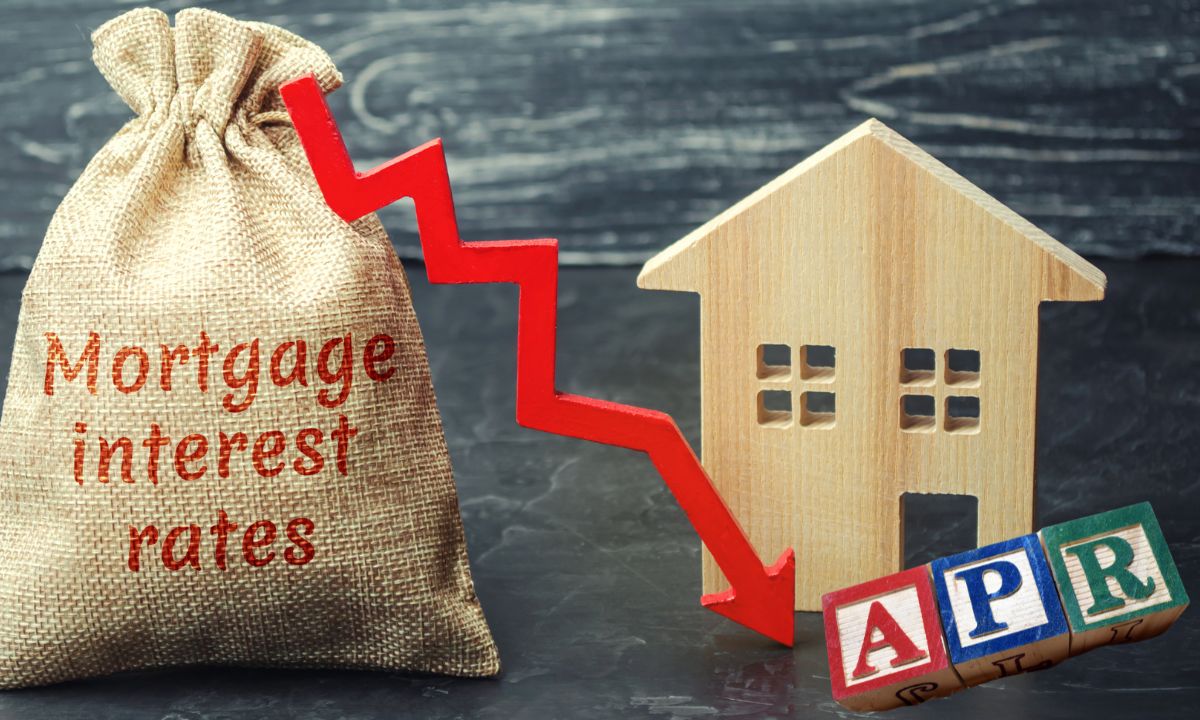 If you’re gearing up to dive into the world of real estate, there are a few key terms you’ll want to wrap your head around before taking the plunge. Today, we’re demystifying APR and interest rate, two crucial concepts that can impact your home-buying journey. Don’t worry, I’ll break it down in simple terms so you can confidently navigate the process like a pro.
If you’re gearing up to dive into the world of real estate, there are a few key terms you’ll want to wrap your head around before taking the plunge. Today, we’re demystifying APR and interest rate, two crucial concepts that can impact your home-buying journey. Don’t worry, I’ll break it down in simple terms so you can confidently navigate the process like a pro.
Interest Rate:
Let’s start with the basics. The interest rate is the percentage charged by a lender for borrowing money to buy your home. It’s essentially the cost of borrowing the principal amount. When you’re comparing loan offers, you’ll often see this prominently displayed. A lower interest rate generally means lower monthly payments, which can be appealing, especially over the long term.
Annual Percentage Rate (APR):
Now, let’s add another layer of complexity with APR. APR includes not only the interest rate but also additional fees and costs associated with securing your mortgage. This could include things like origination fees, points, closing costs, and mortgage insurance premiums. Essentially, APR gives you a more comprehensive picture of the total cost of borrowing over the life of the loan.
So, what’s the big difference when it comes to buying a home?
Interest Rate is like looking at the sticker price of a car. It’s the upfront cost you’ll pay for borrowing money, expressed as a percentage.
APR, on the other hand, is more like the total cost of ownership of that car, including taxes, registration fees, and maintenance costs. It gives you a clearer picture of the overall cost of borrowing by factoring in those additional expenses.
Why does this matter in the context of buying a home?
Well, let’s say you’re comparing two mortgage offers:
· Option A has a lower interest rate of 3.5%.
· Option B has a slightly higher interest rate of 3.75%, but it includes points that lower the rate and have lower closing costs overall.
At first glance, Option A might seem like the better deal because of its lower interest rate. However, once you factor in all the additional costs included in the APR, Option B might end up being more affordable in the long run.
Understanding the difference between APR and interest rate empowers you to make informed decisions when comparing mortgage offers. It allows you to see beyond the headline numbers and consider the full financial picture.
So, as you prepare for your home-buying journey, remember to look beyond the interest rate and pay close attention to the APR. It could save you thousands of dollars over the life of your loan and ensure you’re making the best financial decision for your future.
 Are you in the market for a new home? One of the most crucial decisions you’ll face is choosing the right mortgage term. With options like 30-year and 20-year mortgages available, it’s essential to weigh the pros and cons to make an informed decision that suits your financial goals. Let’s discuss the debate of 30-year versus 20-year mortgages and explore which option might be better for you.
Are you in the market for a new home? One of the most crucial decisions you’ll face is choosing the right mortgage term. With options like 30-year and 20-year mortgages available, it’s essential to weigh the pros and cons to make an informed decision that suits your financial goals. Let’s discuss the debate of 30-year versus 20-year mortgages and explore which option might be better for you.
